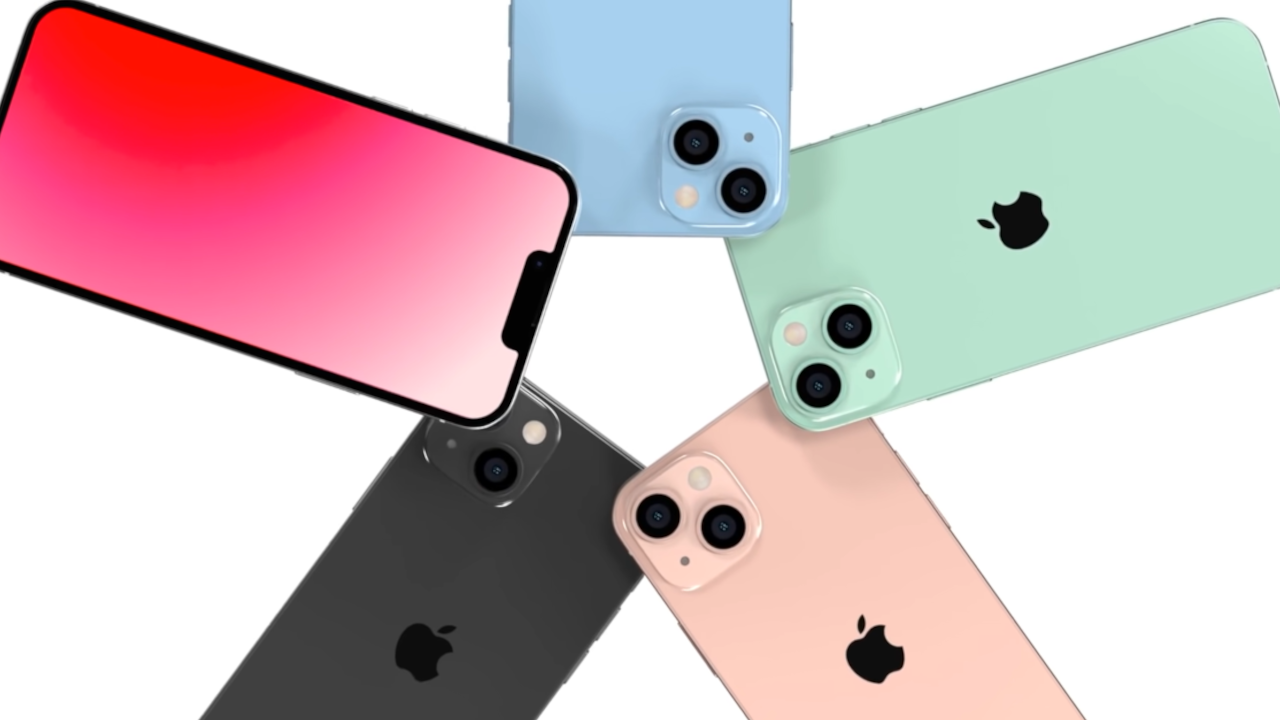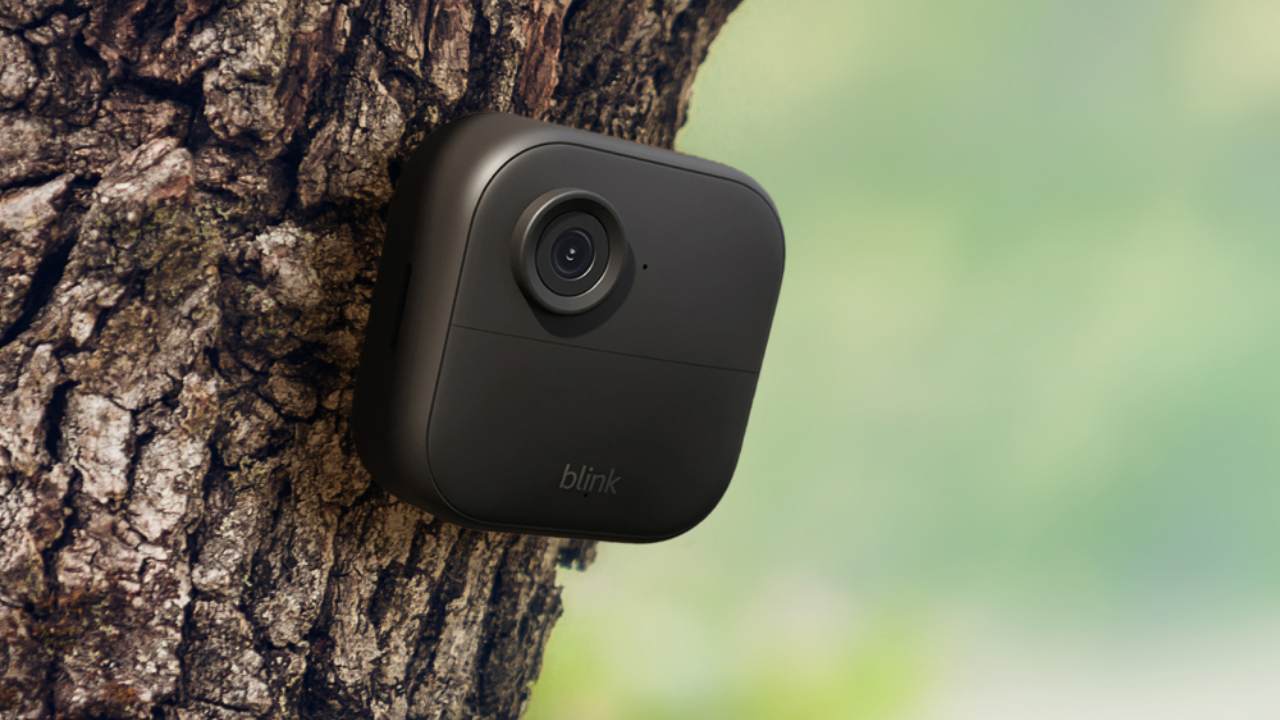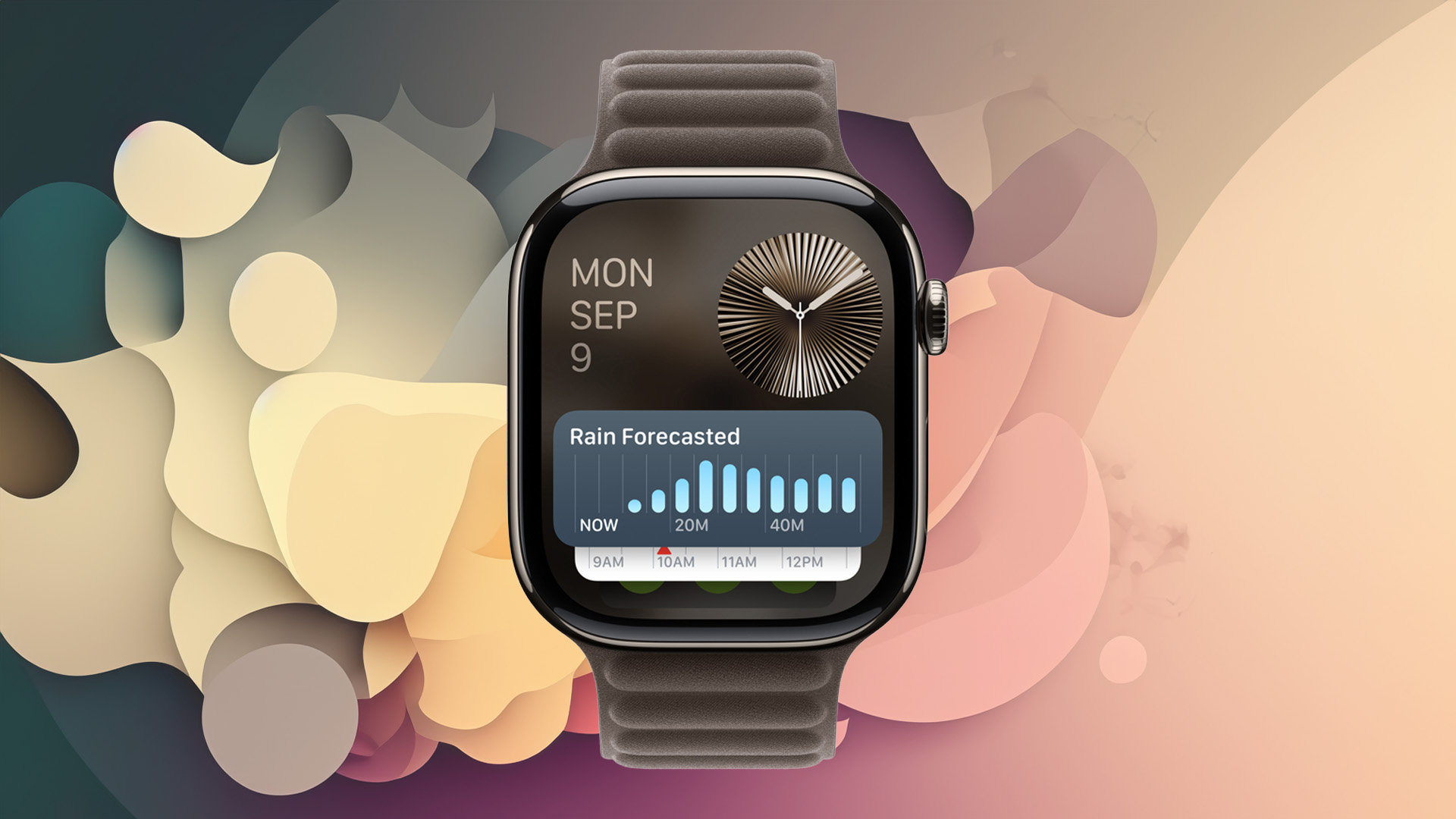
I love a good iPhone rumour as much as the next man, unless the next man is Ming-Chi Kuo. Kuo recently revealed a feature that sounds way to sci-fi to be real, and honestly I can't see how it can be accurate. Kuo suggested that the iPhone 13 may come with the ability to connect to Low Earth Orbit (LEO) satellites to make calls, but that would require a level of technology I don’t think is currently possible.
After Kuo made his proclamation the more reliable voice of Bloomberg’s Mark Gurman appeared. Gurman, who has a generally very solid reputation for rumours, suggested that while Apple was engaged in researching satellite technology he believed it was likely to be implemented for emergencies only. That would mean signaling for help with a very basic distress message, rather than full phone or text connectivity.
Such a feature is much more plausible than Kuo’s suggestion. There is, it seems, little doubt that Apple is investing in this technology heavily and that we will start to see advances in this area over the next few years. For now, the system would let you make contact in emergencies but offer little more than a short message to emergency services or perhaps a family member.
In theory the idea is a good one and it fits with Apple’s life-saving Watch, which as numerous stories over the past few years show can actually help people with heart problems get medical attention. In many ways the rumoured iPhone satellite distress beacon reminds me of the Breitling watch which features an emergency response system designed to be activated by people anywhere on earth in dire emergencies.
The Breitling has saved lives, a Forbes story from 2015 suggests at least 20 people had been rescued thanks to the watch, and there had never been a false activation. And that could be an issue for Apple. When you buy the Breitling, you have to sign a piece of paper and accept responsibility for the cost of a rescue if it’s not a legitimate emergency. So getting drunk and pulling the chord for a lift home comes with real consequences.
Will the iPhone eventually transition to a satellite phone? Who knows, but it’s certainly the general direction of travel. Elon Musk is putting thousands of satellites in orbit for data, is the issue of antenna size can be resolved then the iPhone could connect to any number of networks. If you want to see what a similar device looks like, that’s capable of basic emergency signalling to satellites, Garmin’s InReach offers that feature in a device that’s not massive, but certainly does use an external antenna.
Sign up to the T3 newsletter for smarter living straight to your inbox
Get all the latest news, reviews, deals and buying guides on gorgeous tech, home and active products from the T3 experts
Ian has been involved in technology journalism since 2007, originally writing about AV hardware back when LCDs and plasma TVs were just gaining popularity. Nearly 15 years on, he remains as excited about how tech can make your life better.

